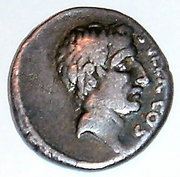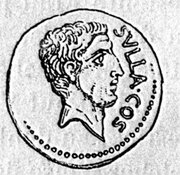THREE Italian men--one an architect, one a "Mr.-Fix-It" type, and the other a World War II-artifacts dealer--spend their leisure time near Vidiciatico, Italy, portraying U.S. Soldiers in World War II-battle re-enactments.
Massimo Berti, Filippi Fulvio and Giovanni Sulla recently portrayed 10th Mountain Division Soldiers in a documentary film about the American ski troops in World War II.
Berti, a former bodybuilder and a successful architect, who earned his master's degree from the University of California at Berkley, spends weekends playing a 10th Mtn. Div. military police sergeant. He even owns a partially up-armored Humvee, he said.
Fulvio, a former captain in the Italian army, works as a handyman in Turin. On weekends, he's "Maj." Fulvio, an executive officer in the U.S. division.
And Sulla is the unit's commander and most active member. He also maintains a museum of World War II items in the center of Montesse, a town in Tuscany. The most prized items in his collection, he said, are 10th Mtn. Div. artifacts. So enamored with the division is Sulla that he wore his division gear at his wedding.
During filming of the documentary, Sulla often detected inaccuracies in costumes and scene locations and brought them to film producer Abbie Kealy's attention, pointing to historical pictures that provided further details.
During breaks in filming, Sulla raised a glass of wine and toasted the division motto: "Climb to Glory."
When filming wrapped in early February, Kealy recognized the re-enactors for their hard work.
Re-enactors relive events of the past with an extreme sense of gratitude to American Soldiers for their sacrifices, in this case, in Italy during World War II, one of the men said.
"This is a great honor for me," said Sulla, "because some of the battles we re-enacted happened here in my town and in the mountains around my home."
Fulvio said he is humbled by the sacrifices American Soldiers made and continue to make today. "We believe in the traditions and values of the U.S. Army. They inspire us. We truly wish to honor American Soldiers."
COPYRIGHT 2005 Soldiers Magazine
COPYRIGHT 2005 Gale Group




